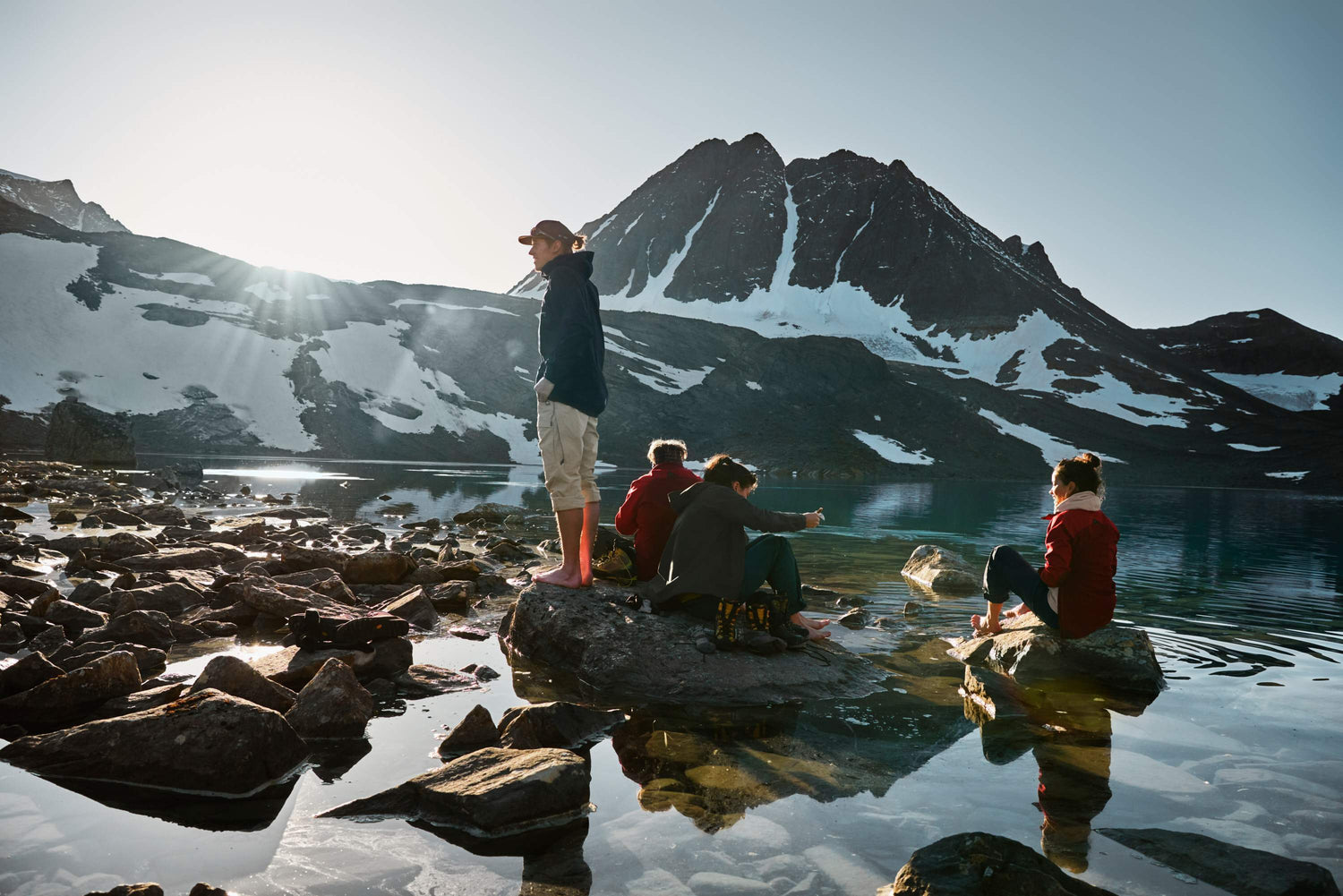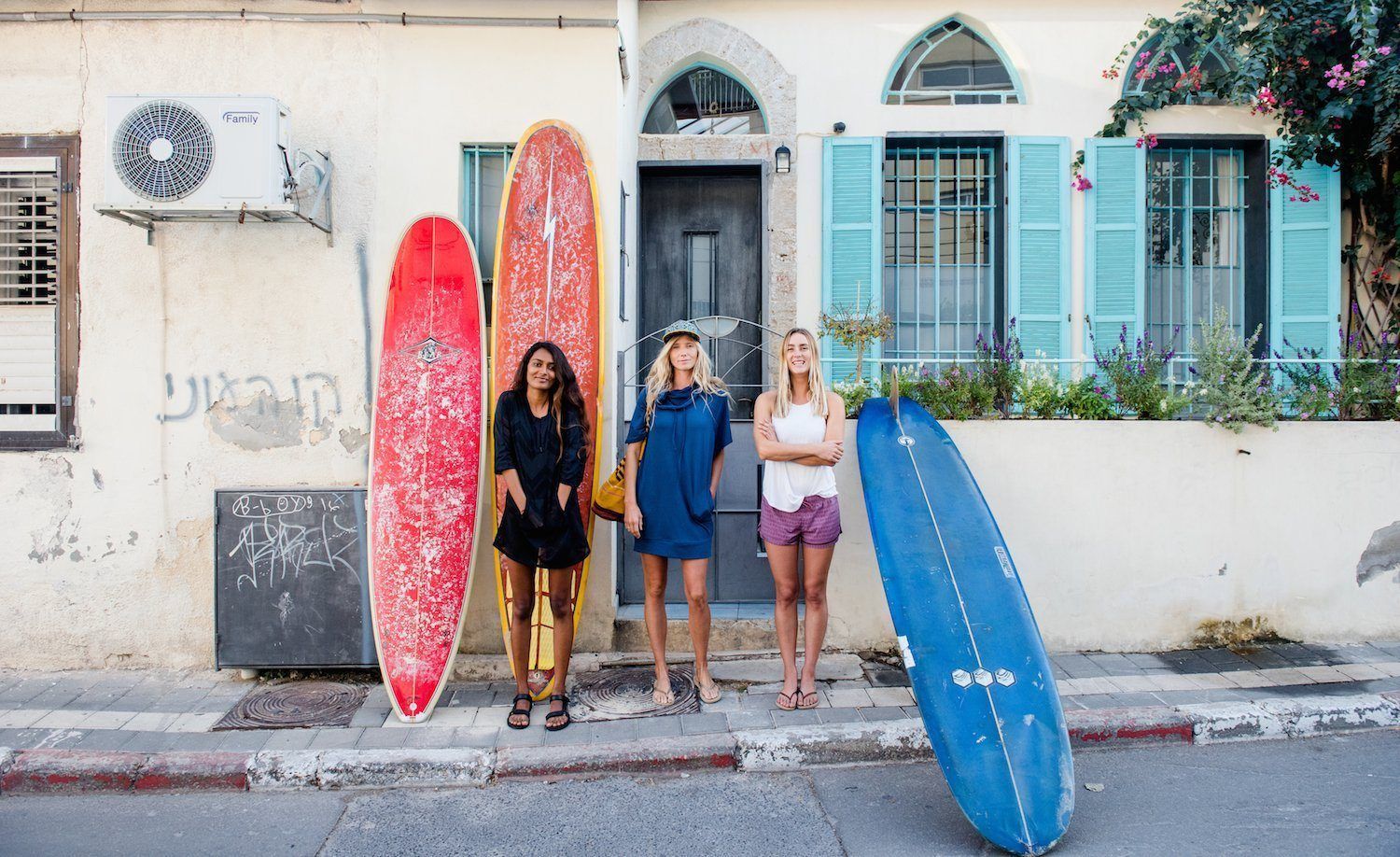Plastic pollution destroys our oceans and marine life
Plastic is so familiar to all of us. The role plastic plays in our everyday life is interminable. Many times we don't even understand where plastic is involved in, for example, cosmetics, toothpaste, clothes, electronics etc. We handle it every day from the food packaging we buy for the computers we work with and the cars we drive. Unfortunately, many of the plastics we touch in our daily life are used only once and thrown away.

8 million tons of plastic end up in the oceans every year. Plastic bottles only make 1.5 million tons. The most famous marine trash heap, The Great Pacific Garbage Patch, is twice the size of Texas. Besides the visible plastic trash, one huge problem is unvisible microplastic which also ends up into the seas.
So much of plastic is ending up in the ocean that in just a few years, we might end up with a pound of plastic for every three pounds of fish in the sea.
According to a study from Plymouth University, plastic pollution affects at least 700 marine species. Some estimates suggest that at least 100 million marine mammals are killed each year from plastic pollution.
We need to act to beat plastic pollution if we want to enjoy oceans also in the future!

United by Blue is on a mission to save the seas
As you already may know one of our brand, United by Blue is making concrete actions to clean up the oceans from plastic trash. They organize and host cleanups to make a measurable impact on the most pressing of environmental problems: ocean trash and plastics pollution.

What can you do to help?
We have collected here some tips what you can do in your everyday life to decrease plastic pollution:
1. Skip the single-use
Bring your own reusable shopping bag instead of buying single-use plastic bags. Bring your own reusable coffee cup. Drink your beverages without a straw. Invest in a reusable water bottle instead of buying plastic bottles. Eat your ice cream in a cone instead of a cup with a plastic spoon.
2. Buy less and buy wisely
Choose clothing and other personal items made from ecological, sustainable, recycled or earth-friendly materials. Check also the ingredient list to avoid plastics in cosmetics and other products.
3. Recycle everything you can
Plastics, cardboard, paper, food leftovers, metal, glass. Everything can be recycled. And if you see trash in nature, pick it up.
4. Support organizations protecting the seas
Donate for the organizations which are cleaning up the oceans. Buy products from brands which are protecting the nature and the oceans, like United by Blue.

Every one of us understands that we need to do better choices. Next time when buying a plastic product or item ask yourself a question: "Do I really need this and if I do is there a better alternative available?"
Weekendbee supports the protection of the Baltic Sea. Shop our Baltic Sea Collection where 5€ of each purchase will be donated to the Baltic Sea Action Group.





